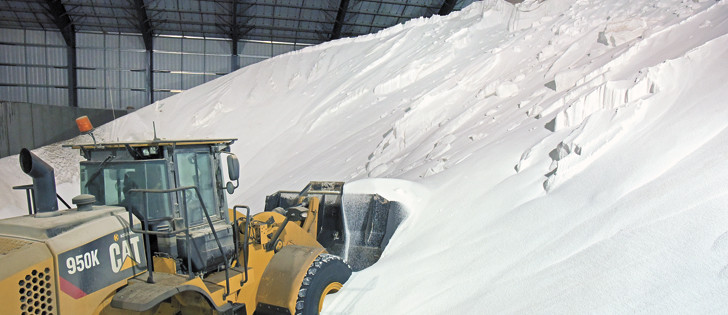The Indian government has announced that it would introduce price cuts on complex fertilizers. The news came as a surprise to many investors, and thus fertilizer stocks slumped earlier this week due to fears of inventory write-downs and reduction in earnings estimates. Complex fertilizers are partially decontrolled and the government adjusts the subsidy under the nutrient-based subsidy (NBS) scheme every year, although the selling price is determined by the market. This time, the government decided to regulate the price through public sector producers, who lowered the prices of diammonium phosphate (DAP) and muriate of potash (MOP) fertilizers.
The price cuts were made possible by the steep fall in raw material prices and thanks to the fact that complex fertilizers are imported and prices in international markets fell sharply. Moreover, inventories are still at a very high level, sufficient to meet the current season’s needs. Therefore, if price cuts become widespread, a development that investors fear, firms will be forced to write down inventories to compensate dealers for a reduction. For the companies that sell complex fertilizers, this is bad news, as the impact of this step will likely be still felt in the next quarter’s earnings. With a large presence in complex fertilizers, Coromandel International and Gujarat State Fertilizers and Chemicals will probably be hit the hardest.
To add, fertilizer companies also see the price reduction as a setback to the NBS scheme, which is a harbinger for pricing reforms in the sector. Yet, despite complete deregulation of fuel prices, the Indian government has not implemented pricing reforms yet, such as planned direct benefit transfer and rationalization of urea prices. Therefore, some firms even see the price cut as a “step backward”.




